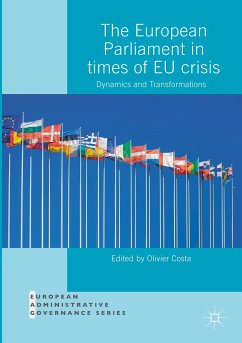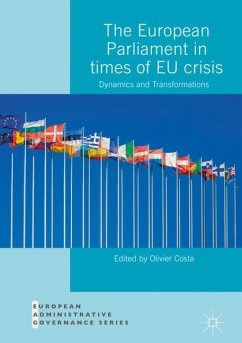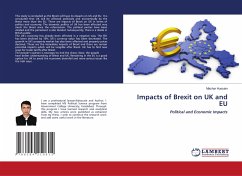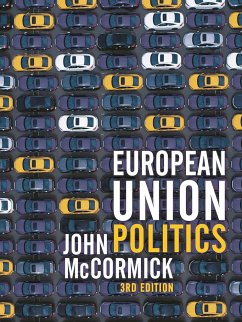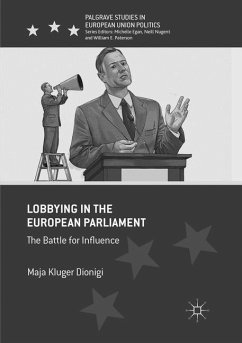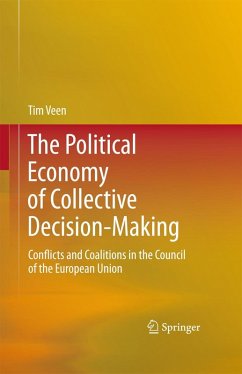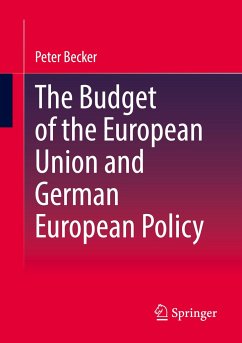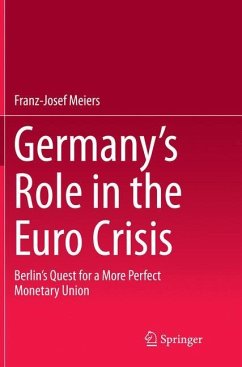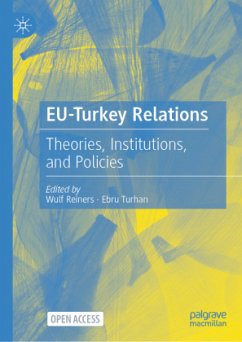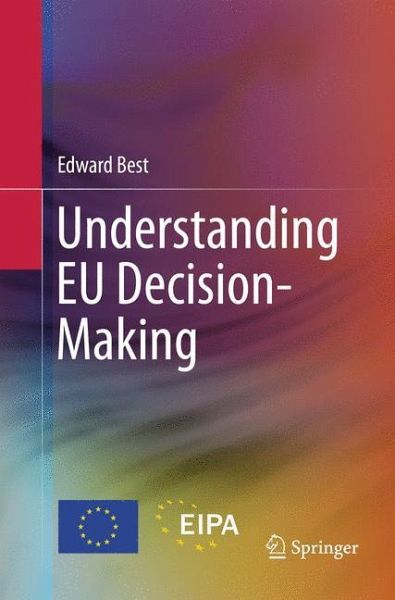
Understanding EU Decision-Making
Versandkostenfrei!
Versandfertig in 6-10 Tagen
46,99 €
inkl. MwSt.
Weitere Ausgaben:

PAYBACK Punkte
23 °P sammeln!
This book presents in a concise and accessible way why the EU institutional system exists in its present form, how the EU fits into the world as a system of governance, and who is involved in EU policy processes. It outlines the historical context which has shaped the EU system, gives a summary of the system's basic principles and structures, and describes its actors, procedures and instruments. The main theme is to show that EU decision-making is not just a matter of action at some higher and separate level, of 'them and us', but rather that it involves different forms of cooperation between ...
This book presents in a concise and accessible way why the EU institutional system exists in its present form, how the EU fits into the world as a system of governance, and who is involved in EU policy processes. It outlines the historical context which has shaped the EU system, gives a summary of the system's basic principles and structures, and describes its actors, procedures and instruments. The main theme is to show that EU decision-making is not just a matter of action at some higher and separate level, of 'them and us', but rather that it involves different forms of cooperation between European, national and regional authorities, as well as interaction between public and private actors. Numerous short case studies illustrate how people's day-to-day activities are affected by EU decisions, and how individuals' concerns are represented in the decision-making process. The book provides insights and examples which will be very helpful for all students of European integration. It will also be a valuable resource for European citizens wishing to understand the basic realities and rationales, as well as some of the dilemmas, behind EU policy-making.





